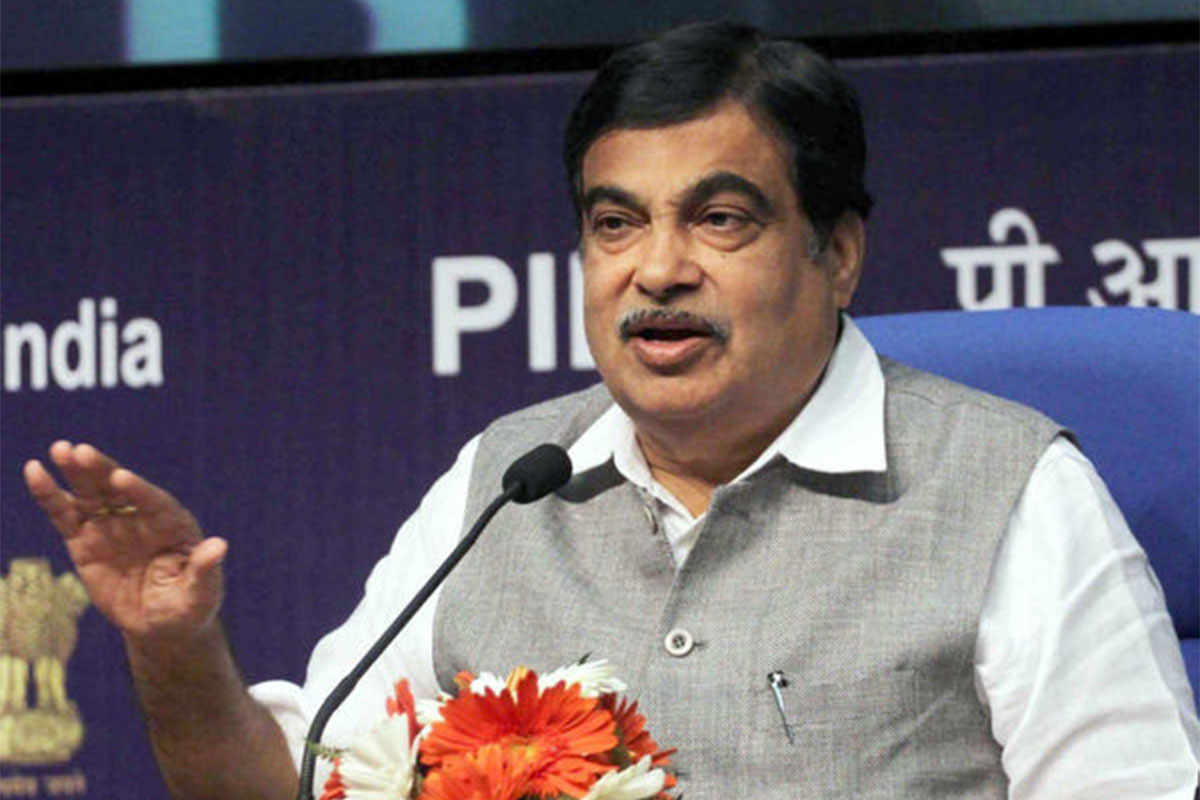In a recent joint representation to Union road transport and highways minister Nitin Gadkari, the representatives of 45 historic vehicle clubs and museums in the country have made a strong pitch for protection and preservation of vintage motor vehicles.
Referring to this joint representation, Harsh Pati Singhania, in a letter to Gadkari on 19 April, flagged “four critical matters” to be adequately addressed in the rules concerning special provision for registration of vintage motor vehicles proposed to be notified by his ministry.
Advertisement
“Vintage motor vehicles older than 30 years from the date of manufacture may kindly be permitted to be registered under the draft Rules ‘Special Provision for Registration of Vintage Motor Vehicles’ as these vehicles are very small in number and are an important part of our national automotive heritage,” Singhania urged Gadkari.
“No commercial use whatsoever may be permitted but free use of these Vintage Motor Vehicles may be allowed for personal purposes, with no other purpose restrictions,” he stated in the letter.
“The important exemptions requested from (i) emission compliances, (ii) obtaining pollution under control certificate and (iii) obtaining a certificate of fitness…may kindly be granted and the exemption be specifically provided for as these historic vehicles cannot be mechanically modified or altered or expected to meet the new emission/ fitness/ pollution norms, applicable to later production cars. Any modification or alteration to historic vehicles will completely destroy the authenticity and originality of these historic vehicles,” Singhania told Gadkari.
“To enable the transparent registration of Vintage Motor Vehicles, a Self-Certification/ Declaration/Indemnity by the owner, of the required registration particulars, should suffice, just as in the case of Income Tax Returns. There may be no need for a representative from any private automobile association, club or a committee to be involved in the process of approval or rejection for registration of a Vintage Motor Vehicle, as such involvement of private representatives in the different state committees may create unnecessary red tape and provide scope for corruption and influence peddling,” the letter stated.
It urged the minister to consider the representation for the sake of “promotion of tourism, culture, employment, manufacturing and revenue to the government” as well as “building our national heritage and culture”.











